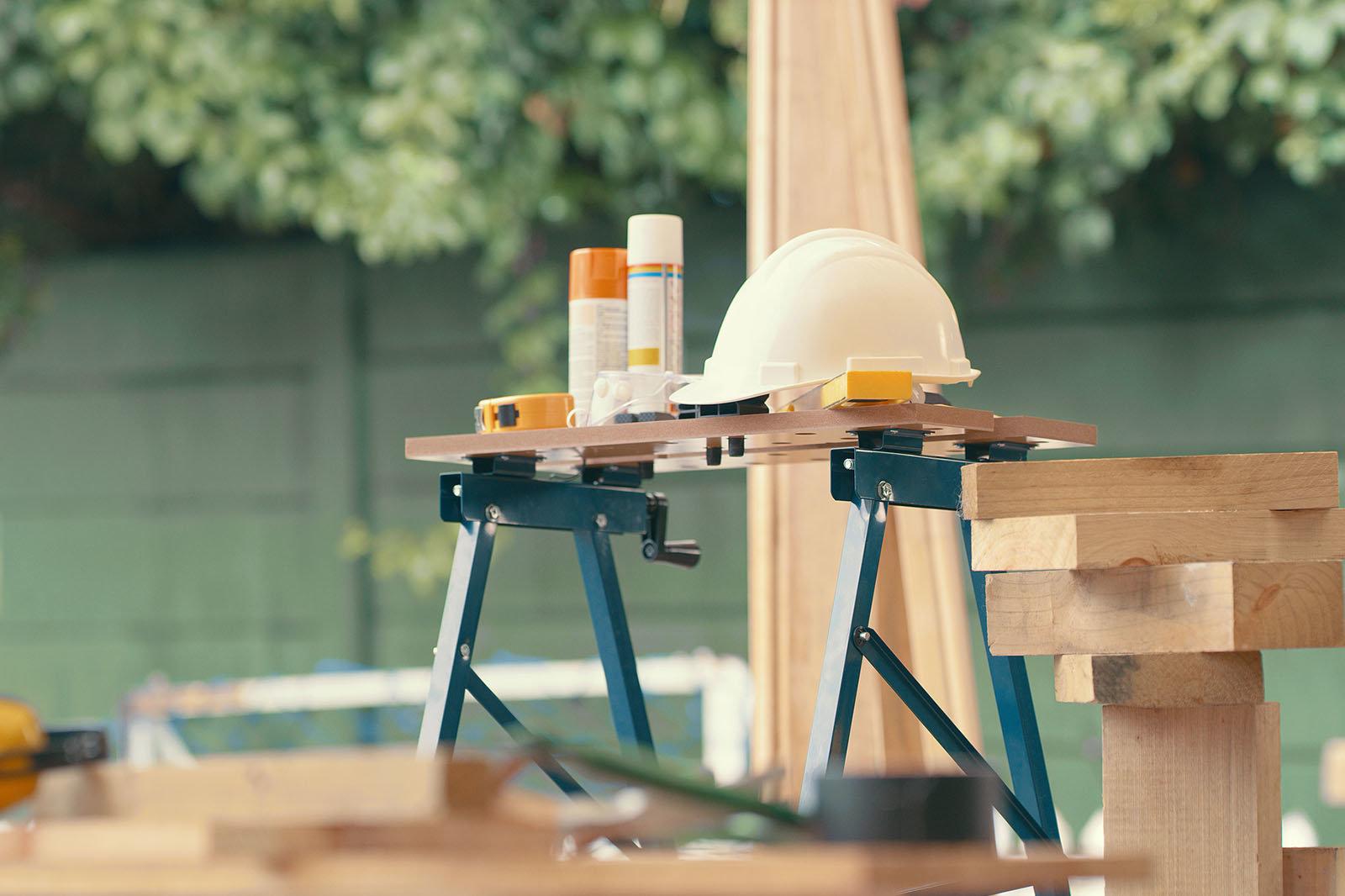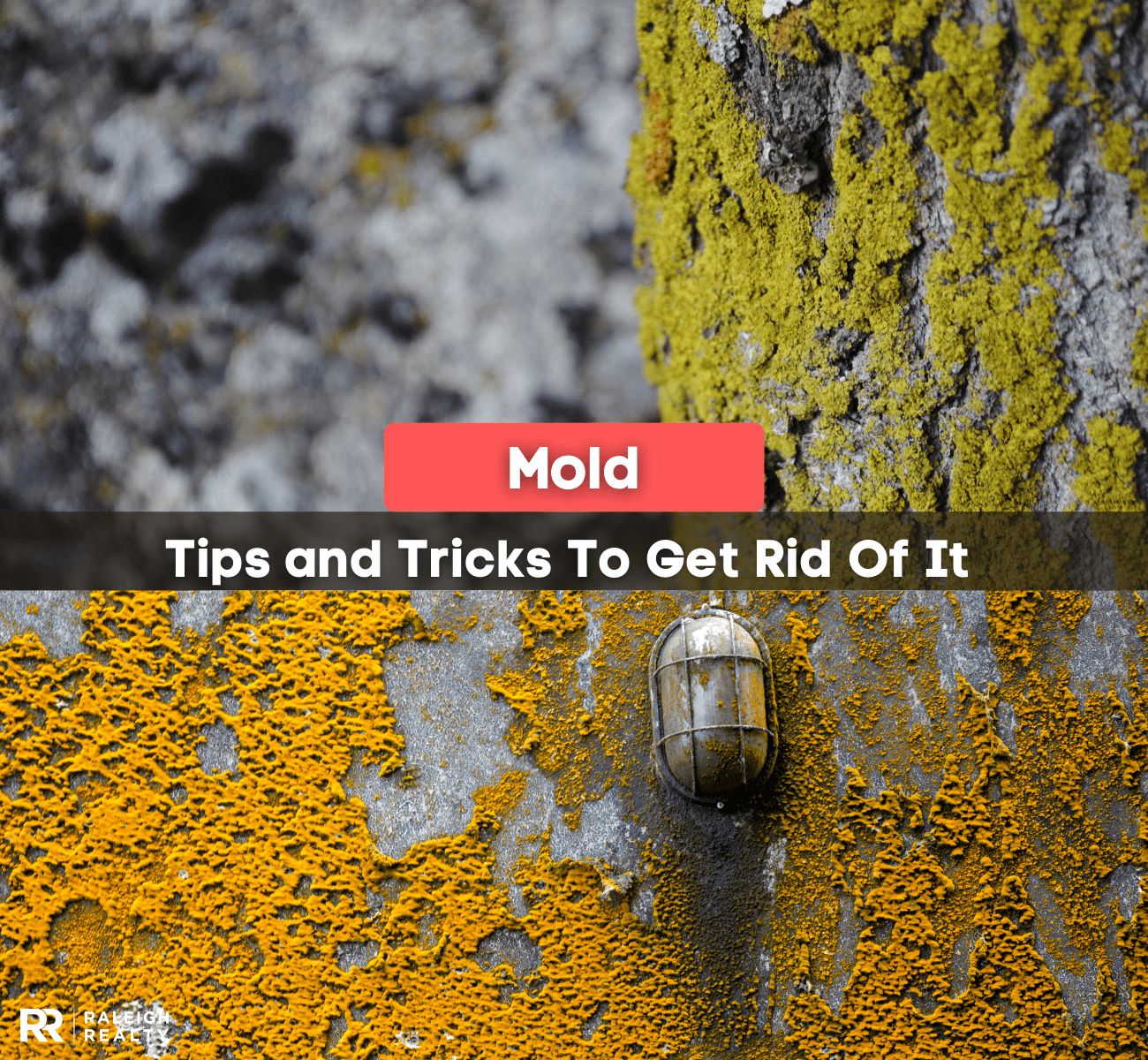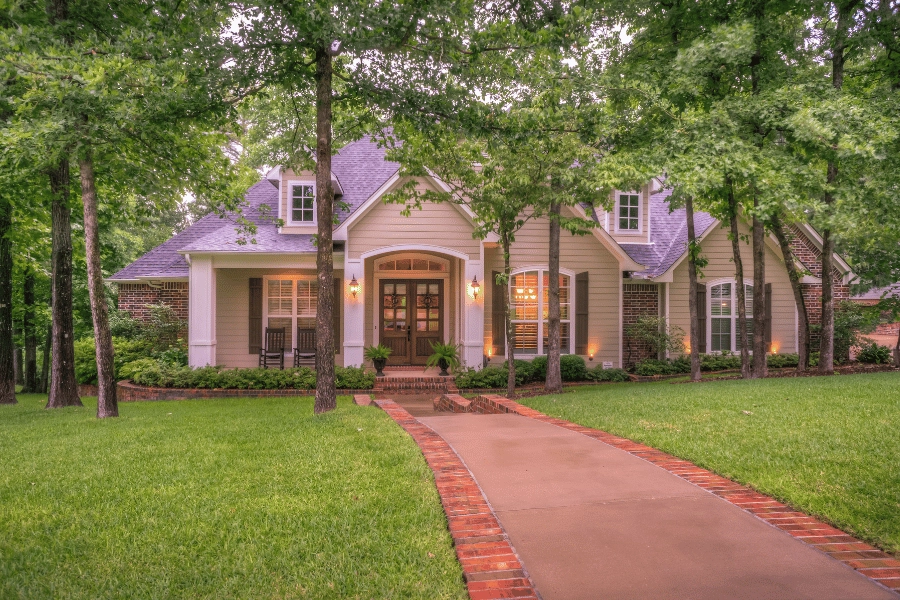Buying an Old House
Are you thinking about purchasing an older home? Let's discuss everything you need to know about buying an old house, including what repairs and updates can be expected.
There is something undeniably charming about older homes. Most old houses feature original hardwood floors, unique architectural details, and historical significance that is not present in newer builds.
Buying an old house certainly has its perks and intriguing characteristics, but it can also come with some setbacks. You are not alone if you're considering purchasing an older home in the Raleigh area. Many buyers are drawn to the character and craftsmanship that comes with age.
There is nothing wrong with buying an older home, especially in a low inventory market, but be prepared for possible structural damage and other maintenance issues related to old houses.
In the United States, 12% of all housing units were built in or before 1939. North Carolina, in particular, has many homes featured on the National Register of Historic Places.
While buying an older home intending to embrace its character or spend time renovating can seem fun and exciting, it also requires careful consideration and planning.
Here is what you should know before buying an older home
1. What Defines an "Older Home"?
In real estate, homes are typically categorized by age brackets that reflect different construction standards and architectural trends. A home is generally considered old depending on its age, historical significance, construction techniques, materials, and architectural styles.
In Raleigh, North Carolina, many neighborhoods have older and historic homes. Historic Oakwood is a walkable Raleigh community with homes primarily constructed between the mid-1800s and the early 1900s.
Pre-1950s (Antique/Historic): These homes often feature unique architectural styles like Colonial Revival, Craftsman, or Victorian. Many were built before modern building codes and may have historical significance.
Some historic homes might also be listed on the National Register of Historic Places as long as they meet all requirements. Factors such as the property's age, integrity, and whether or not it is related to a significant person or event in history will determine its value.
1950s-1970s (Mid-Century): Post-war construction boom homes, often featuring ranch-style layouts, smaller rooms, and the introduction of modern conveniences like central air conditioning in later years.
1980s-1990s (Established): Homes from this era typically have more modern systems but may need updates as they approach 30-40 years old.
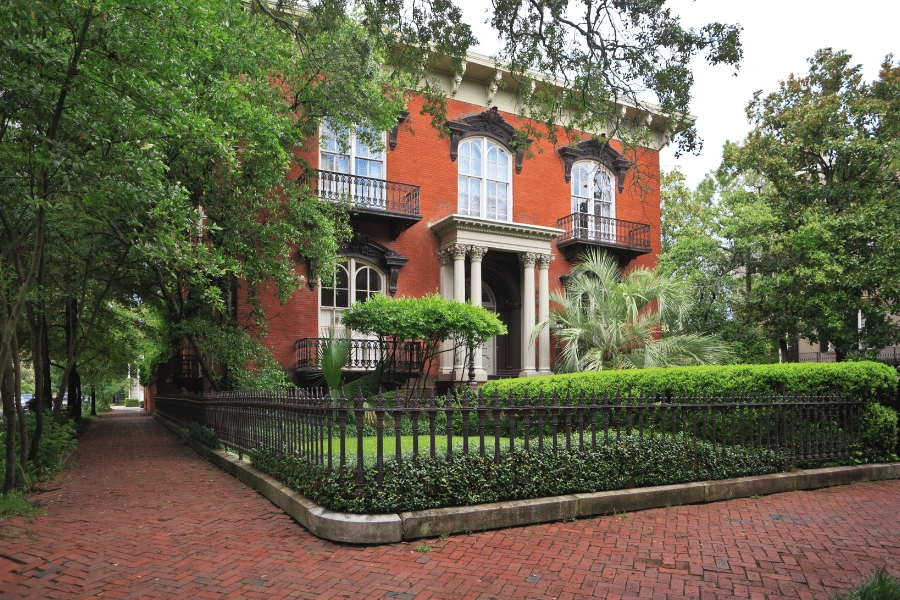
2. Pricing Considerations
Older homes are often priced low due to age, but that's not always a good thing. In Raleigh's competitive market, this can mean significant savings for homebuyers, sometimes 10-20% less than comparable newer homes in the same neighborhood. However, these initial savings should be weighed against potential renovation costs.
Usually, an issue could cause future damage and be expensive to fix. If you see an older home that is priced lower than it should be, consider the fact that there are problems that the sellers want to avoid fixing or problems that are too extensive and expensive to repair.
Older homes could also be priced lower because they need to be updated, but that doesn't mean they aren't worth purchasing. If you see a home priced lower than usual, visit the property in person.
It's also a good idea to get an inspection done or ask the sellers for past inspections that will give you a better idea of the structure and liveability of the home.
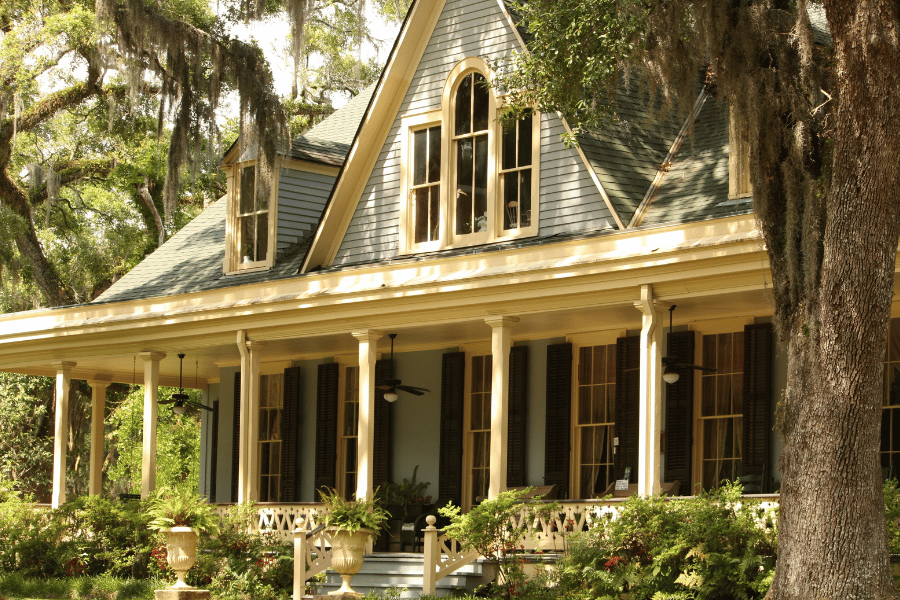
3. Expensive Repairs and Updates
As a new homeowner, you want to walk into your home and feel like everything is great. Worrying about repairing or replacing expensive parts of the house or upgrading to today's standard can be exhausting and tedious, especially after the biggest purchase of your life.
You will likely run into more problems in older homes while fixing one than you may think. If you want to update the flooring, lift the old flooring to reveal mold or a cracked foundation. Or, if you plan to tear down a wall, there might be water damage or electrical wiring problems that need immediate attention.
Renovations for older homes typically start at $100,000 and can increase depending on what needs to be fixed or replaced. Most often, updates must be made to the plumbing, electrical, and HVAC systems.
An older home may also need a roof replacement. On average, a roof replacement will cost $9,517, but the cost will depend on the size of the roof and the materials used.
4. Insurance and Financing Considerations
Some insurance companies are reluctant to cover older homes due to outdated systems and higher claim risks. However, homes in historic districts may qualify for specialized insurance programs.
The four main factors that affect your homeowner's insurance rate are where you live, your home's replacement cost, the age and condition of your home, and your policy deductible.
Home insurance premiums for homes older than 30 years can be up to 75% more expensive than for newer homes. Oftentimes, these higher premiums can be offset by lower property taxes.
Conventional loans work for most older homes, but renovation loans like FHA 203(k) or Fannie Mae HomeStyle loans should be considered if significant updates are needed. These allow you to finance the purchase price and renovation costs in a single loan, often with favorable terms.
5. The Inspection Process
Older homes can be expensive, and it is essential to get an inspection before closing to ensure that the house will be worth the cost. While a standard home inspection is necessary, consider hiring specialists for older homes.
For homes over 50 years old, a structural engineer might be worth the $500-$800 fee. Similarly, an electrician's evaluation of older wiring systems can prevent costly surprises and future accidents.
A home inspection is the time to evaluate the safety and structure of the home before moving in. You should expect a few significant or minor issues with an older home. A standard home inspection costs $343, depending on size, location, and age.
6. Older Homes May Have Hazardous Materials
The materials used in older homes, such as lead and asbestos, may inflict health issues. Lead was mainly used in exterior and interior paint until 1978 when the deferral government banned its use.
Health issues related to lead mainly affect growing children, so if you buy an older home with children, be extra cautious. A professional lead paint inspection costs an average of $600.
According to the Mesothelioma Center, asbestos is a carcinogenic material consisting of flexible fibers resistant to heat, electricity, and corrosion.
Until the 1970s, asbestos was used in gas fireplaces, insulation, roofing, and wall patchings. While it was helpful in many ways, it caused significant health issues.
Radon is another hazardous material. It is a radioactive gas created by the natural breakdown of uranium in soil, water, and rock. It is inert, colorless, and odorless, making it difficult to detect in homes.
Getting a radon test before moving into an older home is essential as it can cause lung cancer and other health issues. Professional Radon tests cost anywhere from $146 to $714, depending on the age of your home.
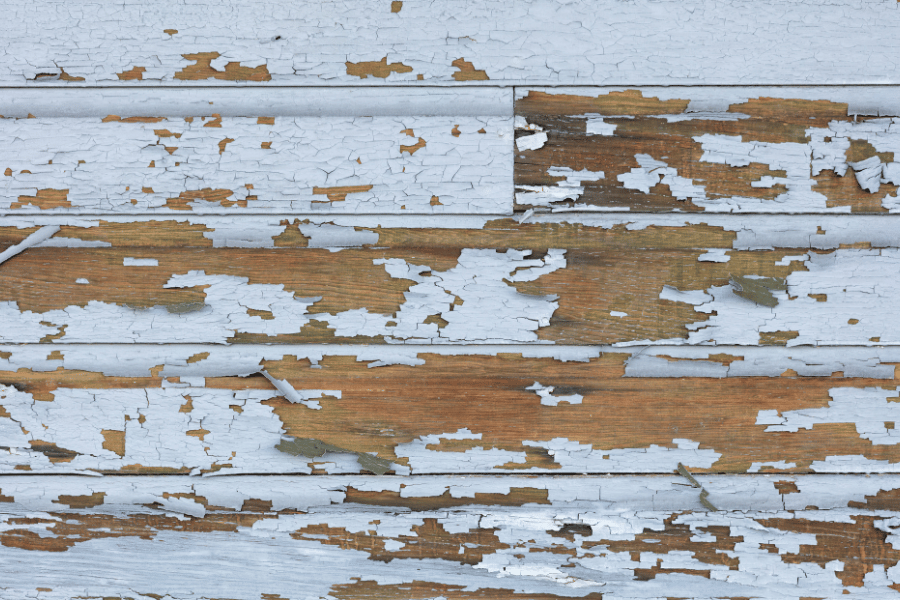
7. Possible Foundation or Structural Damage
Even if an older home stands, it does not mean there are no hidden dangers or causes for concern. Older homes can have foundation or structural damage.
Foundation cracks and unevenness can occur, which can cause corrosion, dry rot, moisture, and other significant risks. Look for interior and exterior wall cracks, doors that will not latch, uneven floors, and windows that will not open.
8. Electrical Problems
Electrical system issues are tedious and expensive to fix. In older homes, the electrical systems were not designed to keep up with modern usage and appliances.
If you use a lot of electricity, you may want to ensure your older home can handle it. Look for knob-and-tube wiring, as it can't take the current usage.
Look for two-pronged outlets, frequent power outages, flickering or dim lighting, and warm-to-the-touch light switches and outlets.
9. Roofing Issues
It's common for older homes to have roofing issues, which are among the most expensive things to repair or replace.
Before purchasing a home, look for loose or missing shingles, bowing gutters, leaks or moisture in the attic, moss, or poor repair. A new roof can cost a lot of money, so a roof inspection before purchasing is essential.
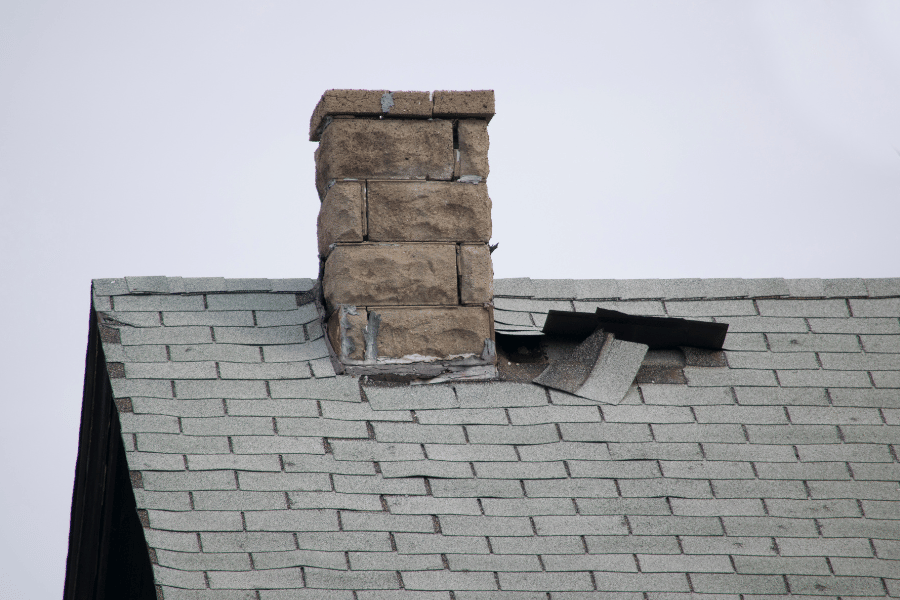
10. Insects and Pests
It's common for older homes to harbor unwanted pests and insects, especially if they have been unoccupied for a lengthy period. Termites are a significant issue, even in newer homes.
Termites are tiny, pale, soft-bodied insects living in large colonies with several castes. They feed on wood and can be highly destructive to trees and timber. You may also run into rats, mice, or beetles.
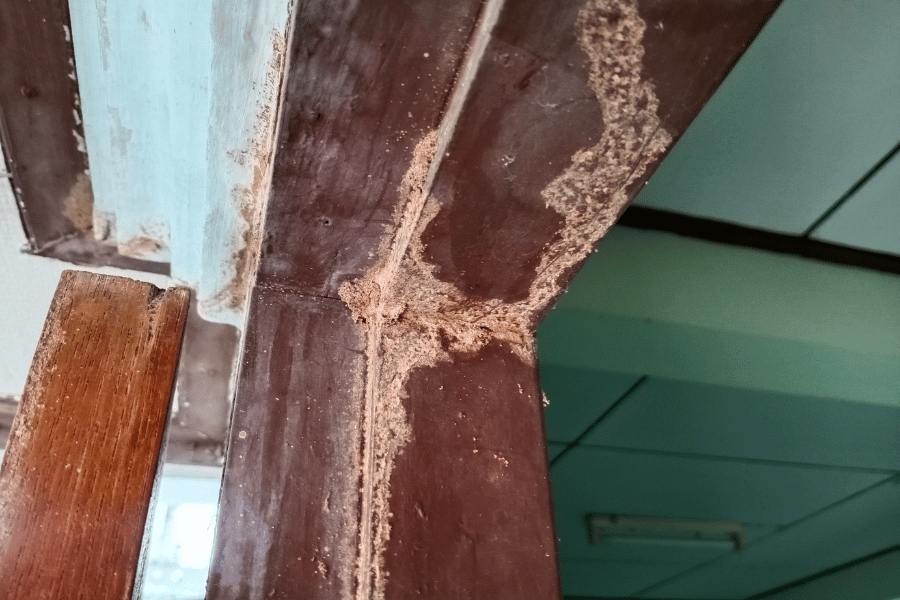
11. Outdated Interior
An older home will not have updated appliances and technologies. Open floor plans are also not standard in older homes, having only become popular in the 1970s. Due to outdated interiors, renovations might be necessary to update flooring, lighting, appliances, fixtures, and paint colors.
Methodology
Data was sourced from Angi and Experian to determine the average prices of specific inspection, renovation, and home insurance costs when buying an older home.
FAQs
Here are some common questions about buying an older home.
Is it smart to buy a 100-year-old house?
There is nothing wrong with buying a 100-year-old home, but pest problems, lead paint, and structural issues might be present.
What is the disadvantage of buying an old house?
Buying an old house can have disadvantages, including root problems from old trees, plumbing issues, and damage to the foundation.
Do houses lose value as they age?
The physical structure of a home tends to depreciate over time, while the value of the land on which it sits tends to increase.
Is an Older Home Right For You?
You might be perfect for an older home if you appreciate unique character, don't mind ongoing maintenance projects, have a realistic renovation budget, and plan to stay in the house to see a return on improvement investments.
Remember, repairing or updating an older home can cost more than you might be willing to spend. It can often cost more to repair and replace than to purchase the home. That said, when looking to buy an older home, please be thorough by looking for yourself and hiring an inspector.
It would be best to look for structural damages, water leakage, electrical issues, roofing issues, and outdated characteristics before making a buying decision. This can be expensive, but it may only sometimes be enough to walk away.
Do not hesitate to walk away from older homes with significant structural issues, homes requiring complete system replacements that exceed 25% of the purchase price, or properties in declining neighborhoods where improvements won't add value.
If you're interested in an older home and are moving to Raleigh, please contact us to connect with one of our phenomenal agents. We'd be happy to help you fall in love with one of the many historic homes in Raleigh.
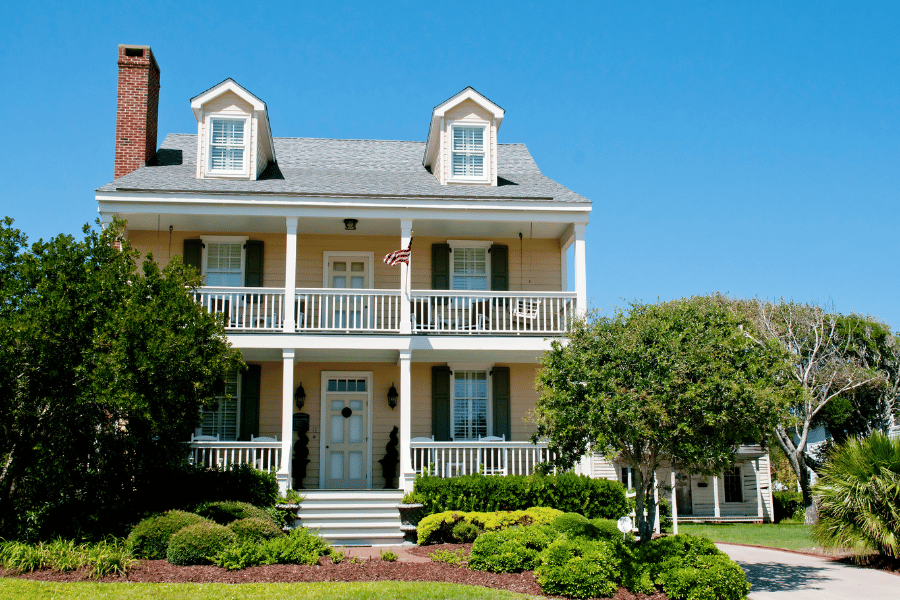
.png)
